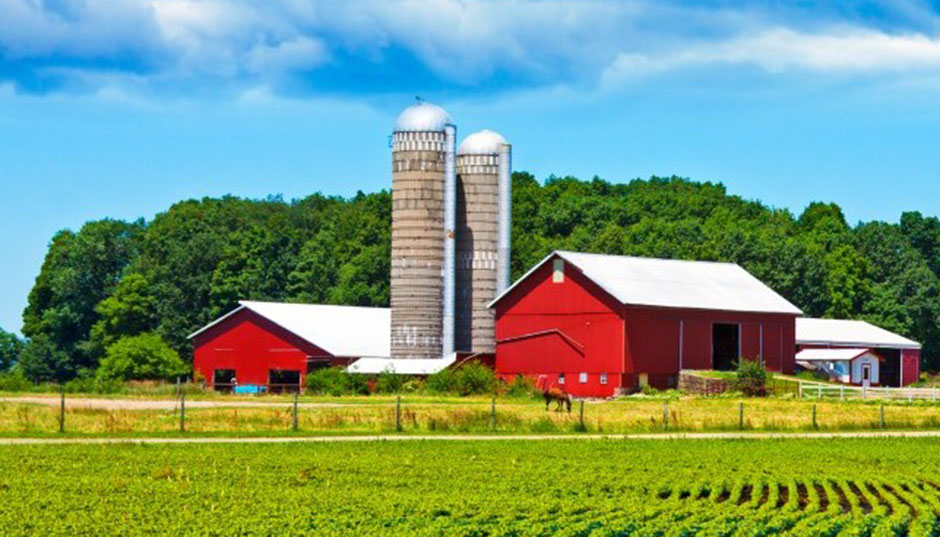The Agrosphère consortium first saw the light seven years ago on the farm of Olivier and Sébastien Lépine, hog and grain producers from the Lanaudière region. Looking to cultivate their land in a responsible manner while using their farm residues and diversifying production, the two farmers decided to work with the team of Simon Barnabé, holder of the UQTR Foundation Industrial Research Chair on Environment & Biotechnology.
Biofuels can complement – or even replace – the combustion of fossil fuels in cars.
Agrosphère is a modular research project – meaning that each research module is independent and can have different applications – and seeks to commercialize agricultural residues through the production of multiple derivative products. The current focus is on the production of “second-generation” cellulosic sugars, bioethanol, feed for livestock, bioplastics and heating pellets, all manufactured from corn residue.
The idea is to harvest corn residue (stems, leaves and cobs), extract the three principal components (cellulose, hemicellulose and lignin) and transform them into marketable ingredients or products as well as by-products to be used on-site, while minimizing their environmental impact. For example, cellulose is converted into simple sugars that are fermented to produce bioethanol. Hemicellulose sugars, in turn, can be used to feed livestock and in the manufacture of bioplastics.
Once put into place, Agrosphère provides farmers with a stable additional income. It also guarantees the use of farmland for the production of food rather than bioenergy, by using agricultural residues rather than grain as the raw material in bioethanol production. The benefits of bioethanol production alone are significant. Indeed, biofuels can complement – or even replace – the combustion of fossil fuels in cars. Agrosphère intends to build small production plants capable of producing up to 12 million litres of bioethanol per year, the equivalent of more than 200,000 tanks of gas for the average car. Even if it takes five to ten years for the first job to be created in one of these plants, Agrosphère’s expertise is already having a significant impact in Québec. Indeed, the UQTR and its partners have developed extensive knowledge and expertise in biorefinery at the community level and train technicians, scientists and engineers who are highly sought after by groups working in this emerging field.




